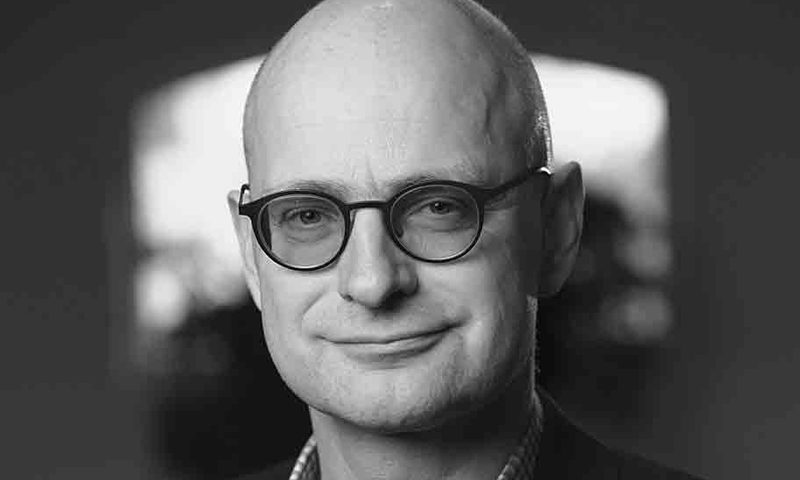The Nordic life sciences scene is getting an injection of cash. Led by centers such as the Karolinska Institute and Copenhagen University, the region leads the way in research in the EU by many metrics but has traditionally lacked the vibrant VC scene needed to build large numbers of biotechs. Eir Ventures wants to help change that.
Working out of offices in Stockholm and Copenhagen, Eir has raised a 122 million euro ($138 million) life science venture fund, positioning it to bet on biotechs in the Nordics and further afield. Eir secured the funding to help realize the potential of Nordic research.
“The raw material, what we as investors need to build interesting opportunities, is here. What is not here in the same amount is capital. The scarcity is in locally anchored professional capital; there are really only a little bit more than than a handful of local venture funds,” Stephan Christgau, Ph.D., founding partner of Eir, said.
Nordic startups have responded to the lack of local VCs by either turning to U.S. and European funds or relying on private investors. Private investors have enabled some early-stage companies to raise quite substantial amounts of money, Christgau said, but there are downsides to launching without VC support.
As Christgau sees it, a specialist venture investor that takes an active role in a company and challenges management can help set the right strategy and connect the biotech to international networks, making it a better choice than private funding for some startups—assuming they have a choice. Christgau, a founding member of Novo Seeds, and his colleagues want to give highly promising startups that choice.
“We’ve been working for more than 20 years in this region. So, we know folks in the region. We know the universities, we know the people who are at the forefront of creating innovation and have strong links to the incubators,” Christgau said. “We plan to help to create the most interesting companies and put them in contact with the world at large, helping catalyze the formation of international syndicates.”
Eir’s remit extends beyond the Nordics to cover investment opportunities elsewhere in Europe and in the U.S. To Christgau, the international mandate is about more than just opening up Eir to more investment opportunities; it will also give the fund connections to overseas syndicates, experts and scientists that could prove beneficial as it challenges its portfolio companies to be part of the international ecosystem.
Having launched last year, Eir has participated in nine investments to date. The mix of seed investments and later rounds, such as IO Biotech’s 127 million euro series B, reflects Eir’s multistage approach. Eir plans to support around 15 startups using a small portion of the fund it has set aside for seed investments, with the rest of the cash being used for around 15 venture investments.

